Easter in the UK
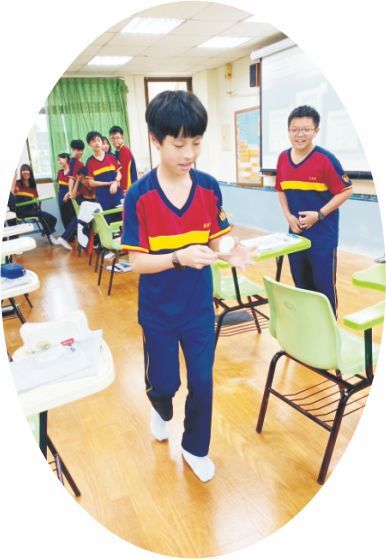
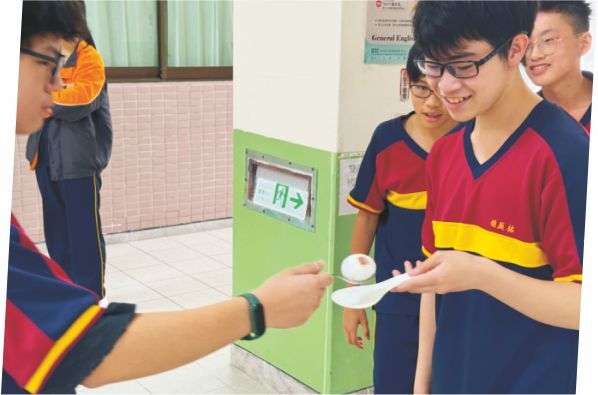
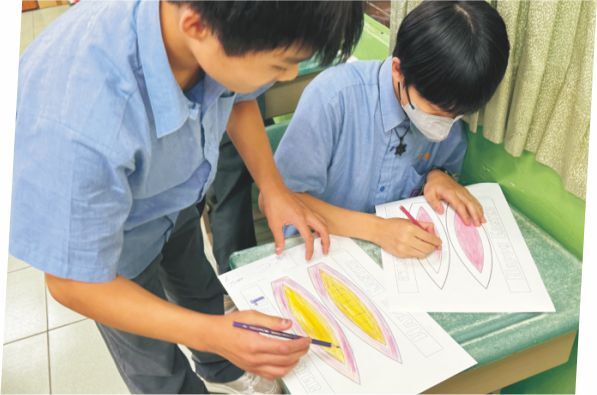

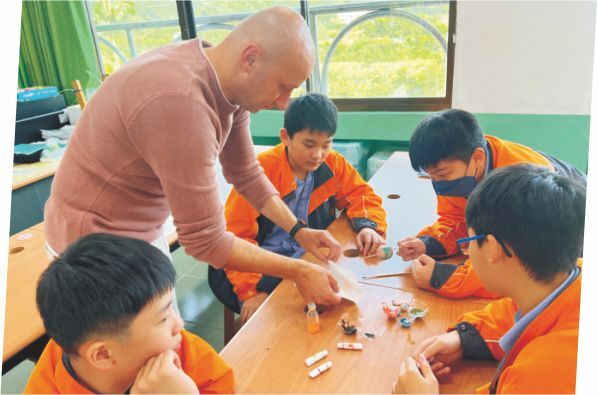
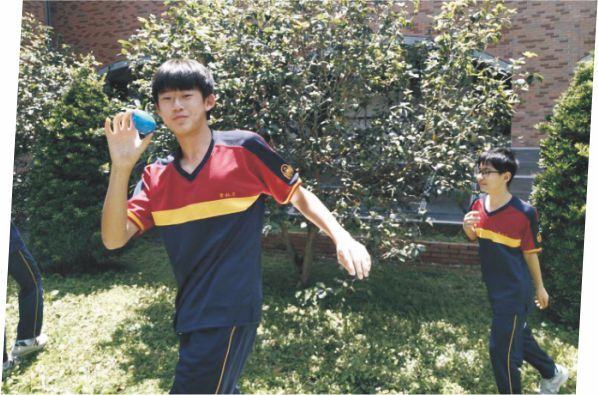
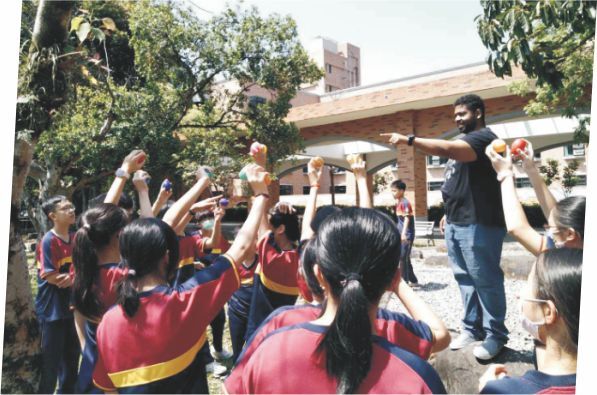
Robert Farnon
Easter is an unusual time of year. The seasons are transitioning ─ the British clocks are even moving due to daylight-saving time ─ and, for children the most important thing is getting the two-week holiday from school, with the bonus of chocolate eggs! In Britain, for those not so directly affected by school calendars, Easter is roughly decided by your relationship with Christian tradition. Christmas and its religious dogma is charming, but the core point of a figure being born is rather less demanding on the bounds of belief than the idea asserted by the Church that Jesus rose from the dead.
In much of Europe, Paschal is the name given to Easter celebrations, as the festival largely revolves around the Jewish marking of Passover when their tradition states God spared their first-born from the Angel of Death through proclaiming faith in their deity. This Jewish festival follows the lunisolar calendar in that it is held around the first full moon after the spring equinox. Both the sun and moon are used to calculate the suitable day, but the Christian tradition goes further and insists on the tradition of Good Friday before the subsequent Easter Sunday of the belief of resurrection.
The name Easter is specific to English-speaking countries. Germany offers the closest-related name. Non-Christian ideas suggest the name derives from Britain's Germanic legacy and the goddess of spring, though there are those who and put forward the theory that the name comes through various permutations from the millenia-old Meso-potamian goddess of fertility, Ishtar. Many say that eggs and rabbits are the derivative symbols of fertility and spring as a time of rebirth, particularly when one considers the depth of even European winters.
Many British people maintain at least a passing interest in the occult and pre-Christian ideology. The famous landmark Stonehenge appears to have calendric and religious functions. Though primarily the arrangements of key megaliths align with the sunset of the winter solstice and the sunrise of the summer solstice, further speculation suggests Stonehenge and much of the broader excavations may have celebrated the equinoxes and even eclipses. The spring equinox is naturally the more celebrated in popular culture, and interpretations of druidic rituals are performed at key points in the year. Nonetheless, as a historical, mainly Christian culture pervades the British Isles, people tend to avoid the stickier questions around the Christian use of Easter and that of someone rising from the dead, and just enjoy time off work, or school, the chocolate eggs, and some may go to their local church, or a special place of Christian worship just for the occasion.
Britain, as in much of Europe, is increasingly cosmopolitan, and so many refrain from excessively overt religious gestures that could be considered forcing an uncomfortable situation upon those of differing faiths or backgrounds. It may be reasonable to state that much of the smaller towns and rural centres still accommodate Easter Sunday into the local calendar of events. Most of the larger cities, however, will see concessions made to the prevalence of ethnic variation and cultural diversity, as the Jewish and Islamic calendars, as well as Hindi and Thai cultures and religions, for example, also have important festivals around springtime.
邱語涵
On Easter Day, we find eggs. They are scattered under trees, by buildings, and in ditches. Some eggs are made of chocolate, while others contain toys inside. Colorful patterns are painted on their surfaces. Quietly sitting in corners on the school field, they lure us to search for them with their mysterious attraction. As time passes, more and more eggs are found, and children happily laugh at the beautiful eggs they hold. However, lurking in a dark shadow lies an egg that remains untouched. Nobody notices its existence. Days go by, and this lonely egg is never found. It begins to grow, absorbing everything around it, thriving in its solitude. One day, when the egg is mature, it will hatch and start a completely new era of history.
李其容
The Easter Bunny and Easter eggs are perhaps the deepest impressions of Easter today. Colorful eggs hidden in corners bring joy to children when discovered, symbolizing friendship, love, and blessings. I remember a few years ago when our teacher let us experience the Easter event. Although I didn't particularly like the feeling of representing new life and happiness with friends, it brought an interesting experience unlike anything before.
Armon Nakprasert
As the Easter season approaches, teachers often find themselves seeking ways to infuse the classroom with festive spirit while maintaining an educational focus. From egg hunts to Easter-themed games, incorporating holiday-themed activities into the curriculum can provide students with a memorable and engaging learning experience. As a teacher, I have discovered that organizing a variety of Easter activities, including egg hunts, egg rolling, egg spoon races, and Easter bingo, not only fosters excitement among students but also promotes teamwork, critical thinking, and cultural understanding.
Egg hunts are a classic Easter tradition that never fails to captivate students of all ages. In preparation for the hunt, I hide colorful plastic eggs throughout the classroom. Watching students eagerly scour the area in search of hidden eggs is always a delight, and the excitement that accompanies the egg hunt creates lasting memories for both students and teachers alike.
Following the egg hunt we have an egg rolling competition, another beloved Easter tradition. In this activity, students use paddle spoons to roll plastic eggs across a designated course and then pass the paddle to their teammates. The aim is to be the first team to finish without breaking their egg. This activity not only tests students' hand-eye coordination but also encourages teamwork and problem-solving as they adjust their techniques to achieve success. Additionally, the friendly competition fosters a sense of camaraderie and sportsmanship among students, as they cheer each other on and celebrate their accomplishments together.
Egg spoon races are another popular Easter activity that never fails to entertain and engage students. In this classic game, students balance hard-boiled eggs on spoons and race against their classmates to see who can reach the finish line first without dropping their egg. The challenge of balancing the egg while navigating the race course requires focus, concentration, and coordination, making it a fun and challenging activity for students of all ages. Furthermore, the egg spoon race promotes teamwork and collaboration as students encourage and support each other throughout the race.
As the end of class approaches, we finish with a game of Easter bingo that provides an entertaining and educational option. Students get to choose their bingo cards featuring Easter-themed images or vocabulary words, such as Easter eggs, bunnies, and flowers, and distribute them to students. Not only does Easter bingo reinforce vocabulary and visual recognition skills, but it also provides students with a fun and interactive way to learn about Easter traditions and symbols.
I hope that organizing these Easter activities has provided my students with a memorable and engaging learning experience. These activities not only celebrate the spirit of Easter but also promote teamwork, critical thinking, and cultural understanding among students. As a teacher, nothing makes me happier than to see my students learning and having fun at the same time. Happy Easter everyone.
林昕璇
In April, as students and teachers at Huey Deng celebrate the arrival of spring, an exciting festival approaches: Easter. During the Easter holiday, students participate in various activities such as egg hunts and decorating for Easter. Meanwhile, teachers introduce Easter traditions, allowing more people to become acquainted with diverse cultures. Although it is not common for Taiwanese to celebrate the festival due to religious differences, we can still participate in entertaining activities and broaden our horizons through learning.

